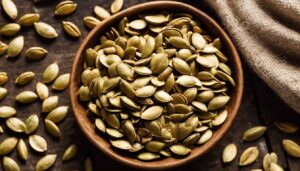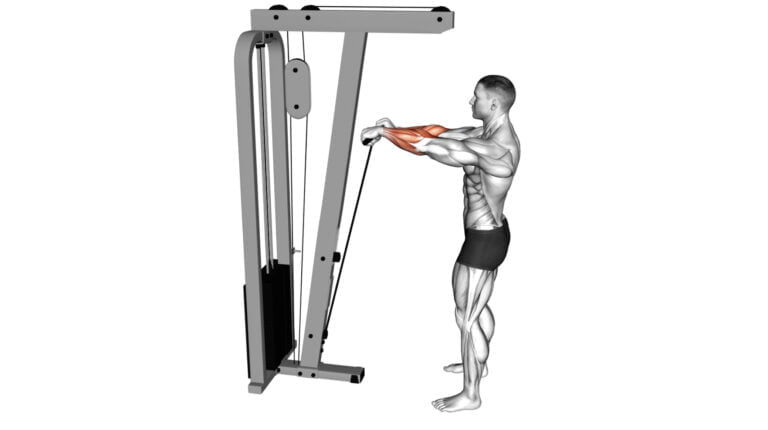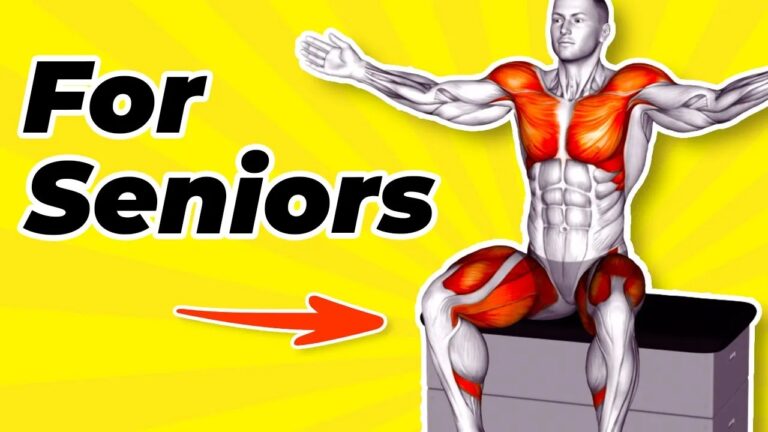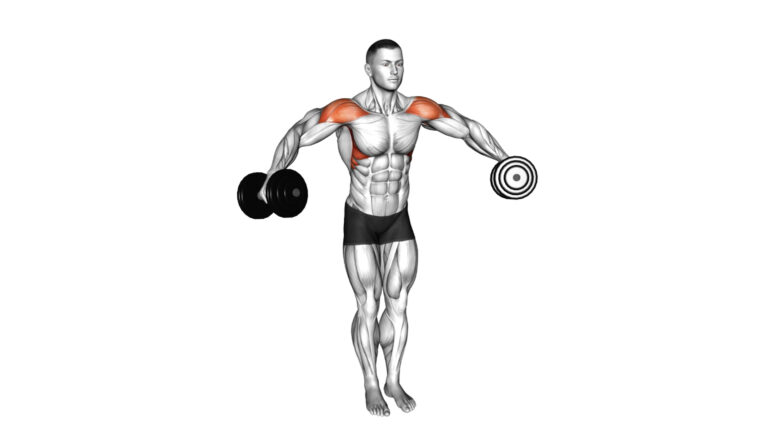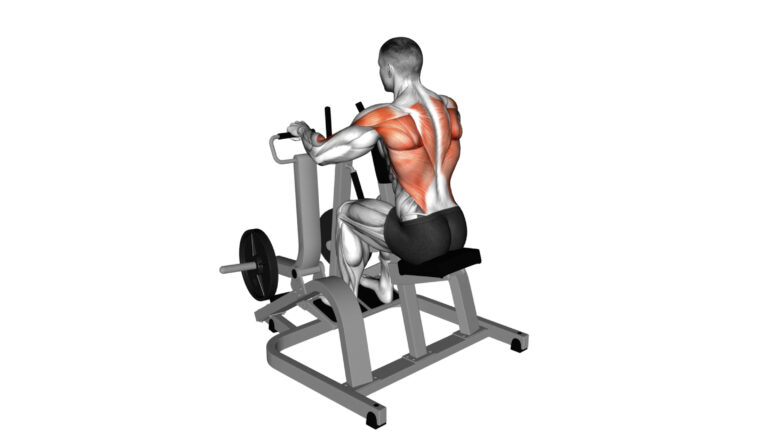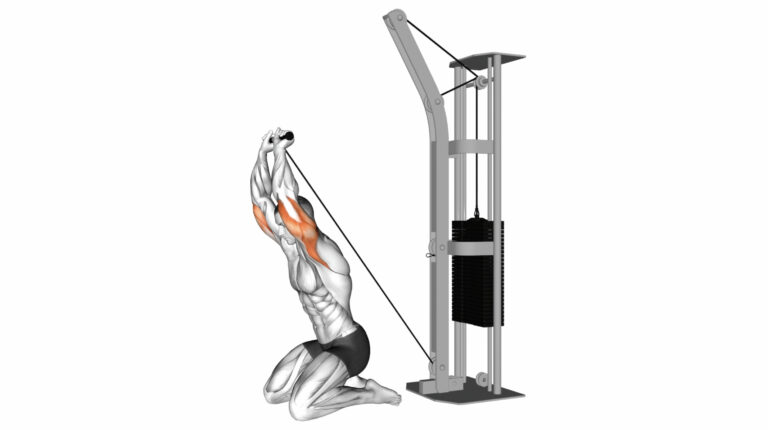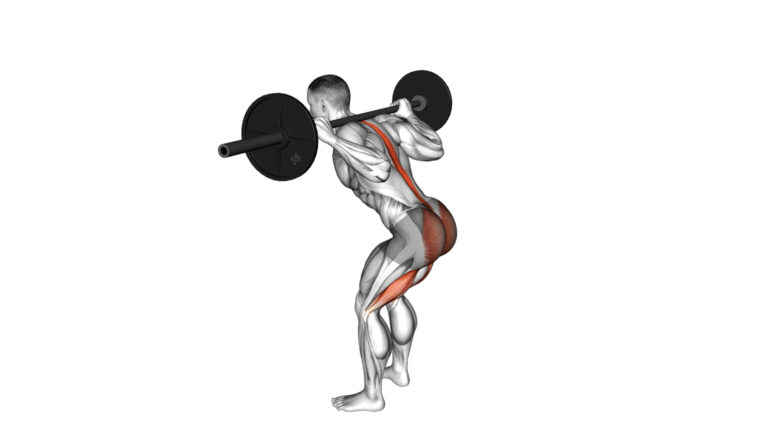Exploring The Exercise Advantages And Disadvantages
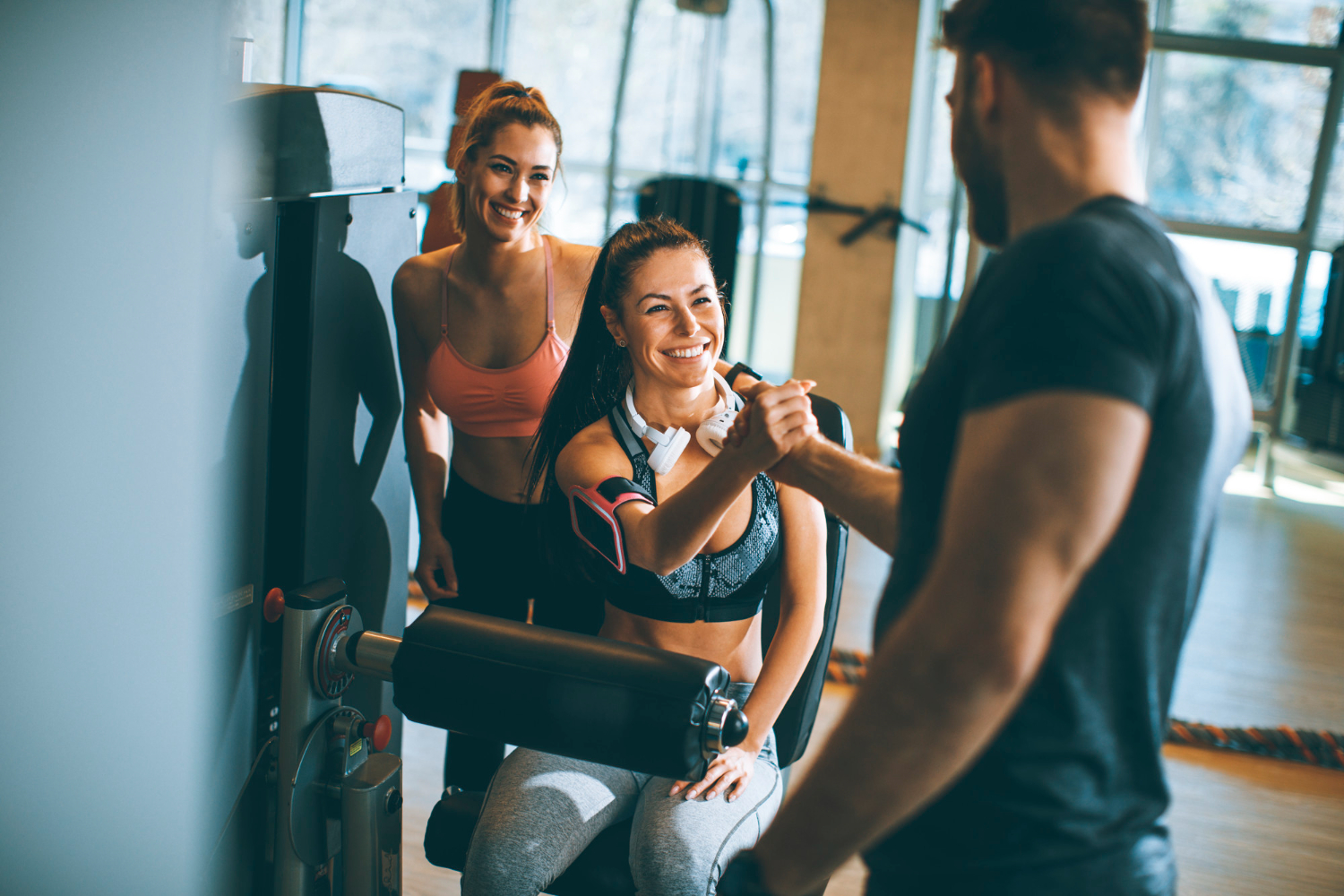
Exercise shapes our lives in countless ways. From lifting our mood to keeping our bodies fit, the roles it plays are big. Yet, not all effects of exercise are pleasant. This balance between good and bad aspects is what we call exercise advantages and disadvantages.
I’m Serg Bayracny—a trainer with a love for making people stronger and healthier. Over ten years, I’ve seen how exercise changes lives—for better or worse. My experience will guide us through this topic today.
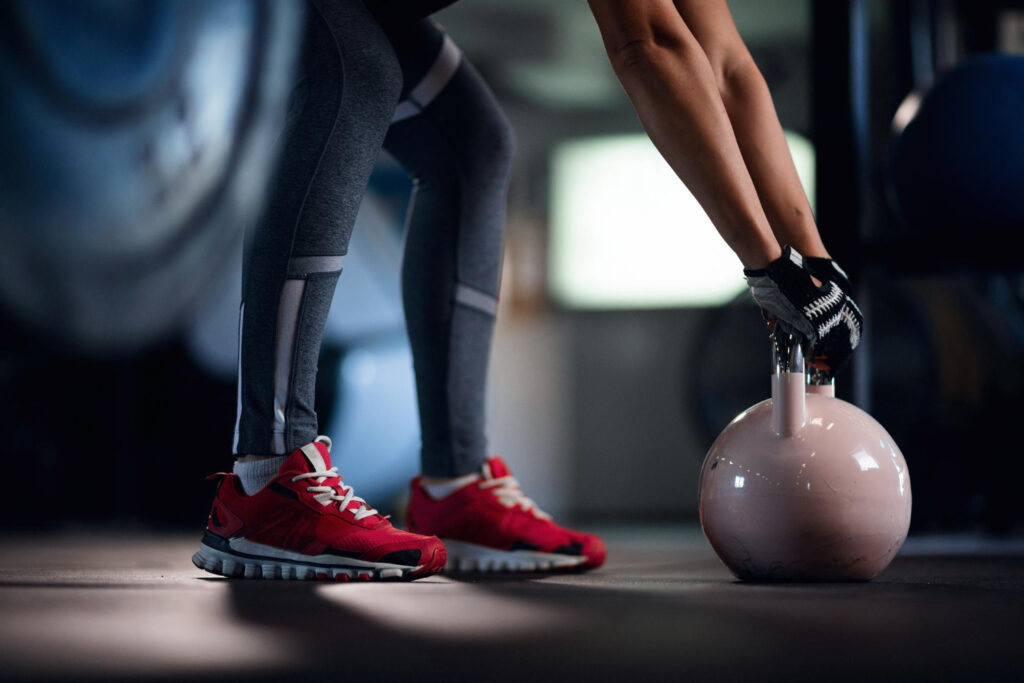
Get ready; you’re in for an eye-opening read on exercise’s ups and downs.
Key Takeaways
- Exercise can make you feel happy and help your brain work better. It also makes you stronger and healthier by fighting heart disease and making your muscles and bones strong.
- Working out too much without rest can lead to injuries like strained muscles or joint pain. It might also make you feel tired all the time and hurt your mental health.
- Finding the right balance in exercising is important. Mixing different types of sports or exercises keeps it fun and helps avoid burnout. Listening to your body’s needs for rest is key for both physical and mental well-being.
Advantages of Engaging in Physical Exercise
Exercise does a lot of good for your body and mind. It makes you stronger, fitter, and happier.
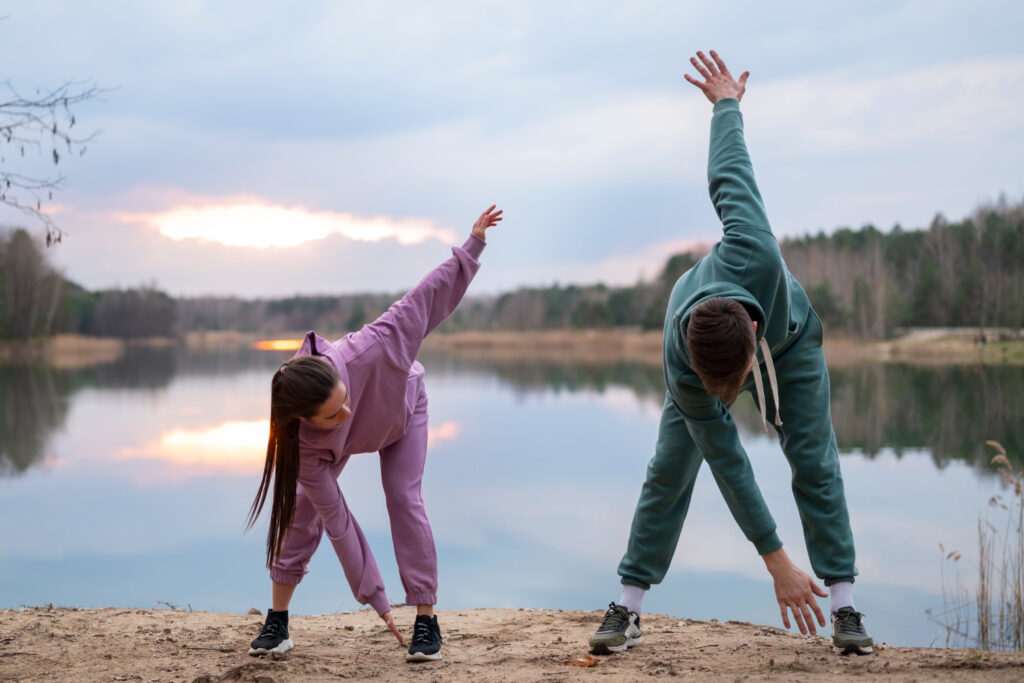
Enhanced Memory and Improved Mood
Working out does wonders for your mind. I’ve felt it myself. Lifting weights and doing cardio push your brain to release endorphins. These chemicals make you feel happy and more awake.
They’re like a natural high that fights stress and sadness. Physical activity also gets more blood flowing to your brain. This can help you think clearer and remember things better.
Bodybuilders know the grind of regular workouts can be tough on the body, but it’s also key for mental sharpness. The satisfaction from hitting new lifts or seeing muscle growth improves mood too.
It shows how goals met in the gym boost confidence outside of it as well. And let’s not forget, after a good workout session, sleep comes easier—which is another big win for both memory and mood.
Next up, we’ll talk about getting stronger and healthier overall…
Health Benefits and Improved Physique
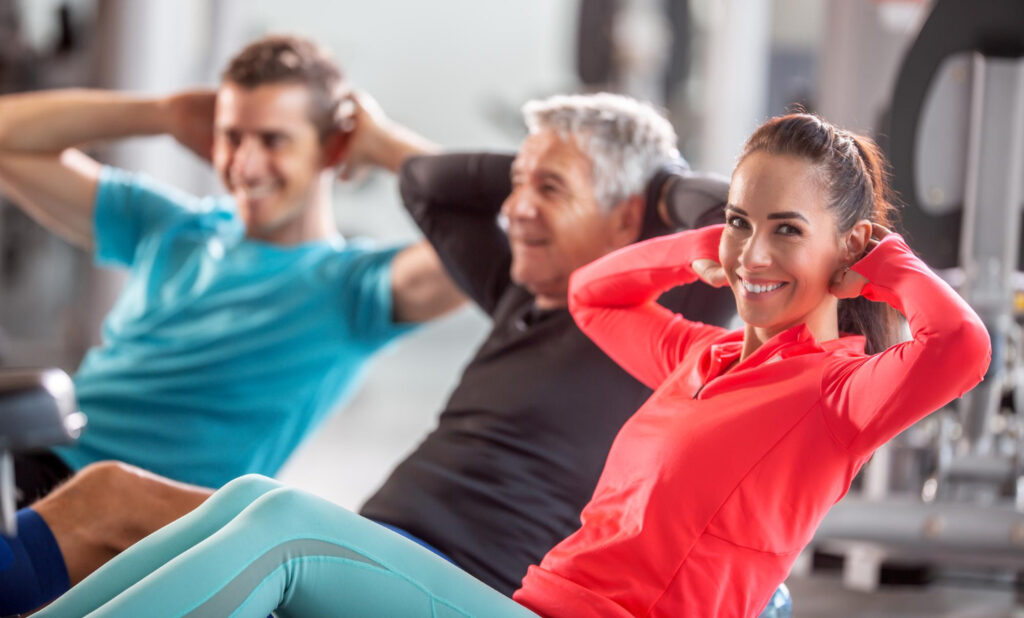
Exercise does wonders for your body and mind. It fights heart disease, keeps blood pressure in check, and reduces the risk of some cancers. Regular workouts strengthen your muscles and bones.
This can help avoid osteoporosis as you get older. I’ve seen many people gain muscle mass and improve their bone health through consistent exercise. They also enjoy better sleep at night.
A good workout boosts how well your heart works too. This means a stronger pump with every beat, sending more oxygen to those hard-working muscles. It’s not just about building muscle or losing weight; it’s about keeping your whole system running smoothly.
I remember when starting out, the changes weren’t just physical; my energy levels shot up, making everyday tasks easier. Now let’s talk about a boost in energy levels….
Boost in Energy Levels
Feeling tired can make every workout seem tougher. Regular exercise routine boosts energy by making your heart and lungs work better. This means you feel more awake and ready for your day.
I trained hard for my first bodybuilding contest, and even though the workouts were tough, I had more energy than ever before.
Exercise burns calories but also replaces them with energy, keeping us moving.
Building muscle also helps because muscle uses more calories than fat, even when you’re just sitting around. So, the more muscle you have, the more energy your body makes.
Next up: let’s talk about some challenges of working out too much.
Disadvantages of Engaging in Physical Exercise
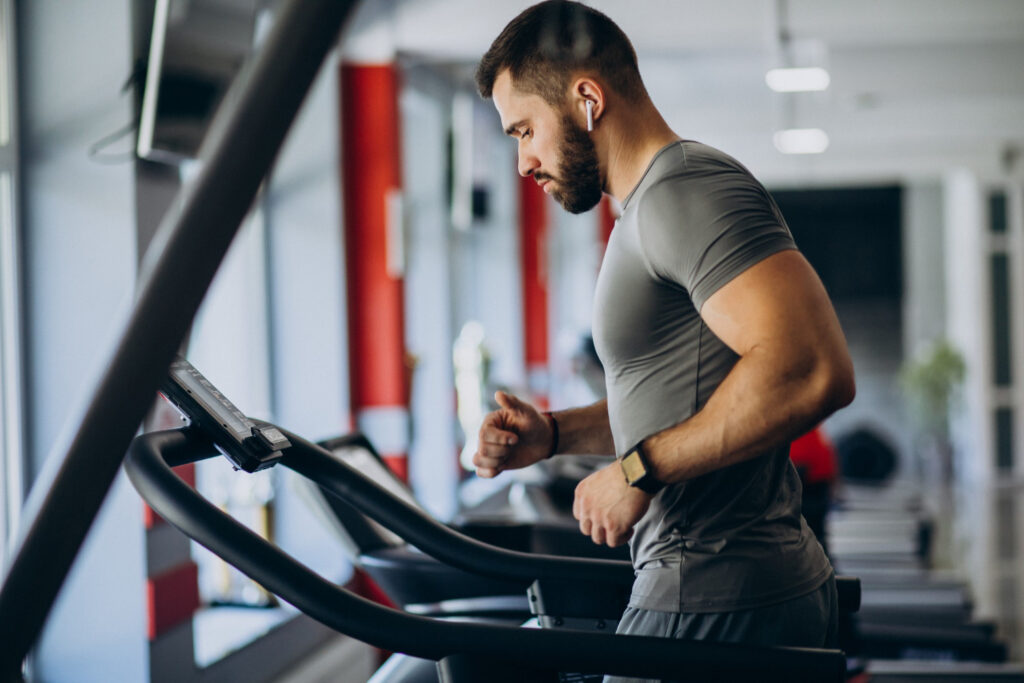
Jumping into a workout plan has lots of benefits, but some downsides too. Pushing too hard or not resting enough can lead to injury and stress.
Risks of Overtraining and Exercise-Related Injuries
Working out too much can hurt you. Your body needs rest to heal and get stronger. When you don’t give it time to recover, problems like strained muscles or joint pain might happen.
Think of your body as a machine that sometimes needs a break to work best. Overdoing exercise can make your performance worse instead of better.
Ignoring signs of tiredness and pushing through can lead to serious injuries that need a long time to heal. Injuries such as tears or stress fractures are common if you overtrain. Also, not resting enough increases the risk of getting sick more often because it weakens your immune system.
Keeping an eye on these warnings helps keep your fitness journey safe and productive.
Impact on Mental Health
Exercise helps your mind too. It fights stress and makes you feel happy because of certain chemicals, like endorphins. These are your body’s natural way to make you feel good. But, sometimes, if we do too much exercise or push ourselves too hard, it can have the opposite effect.
I’ve seen friends get really focused on building muscle or losing weight and forget to rest. They start feeling tired all the time and not so happy.
Taking days off is key for mental well-being. Exercise should be part of a balanced life – not take it over. I always tell my clients that doing activities they enjoy, alongside their workouts, keeps their minds as strong as their bodies.
Mixing things up with different types of sports or exercises can also keep things fun and interesting while helping avoid burnout.
Conclusion
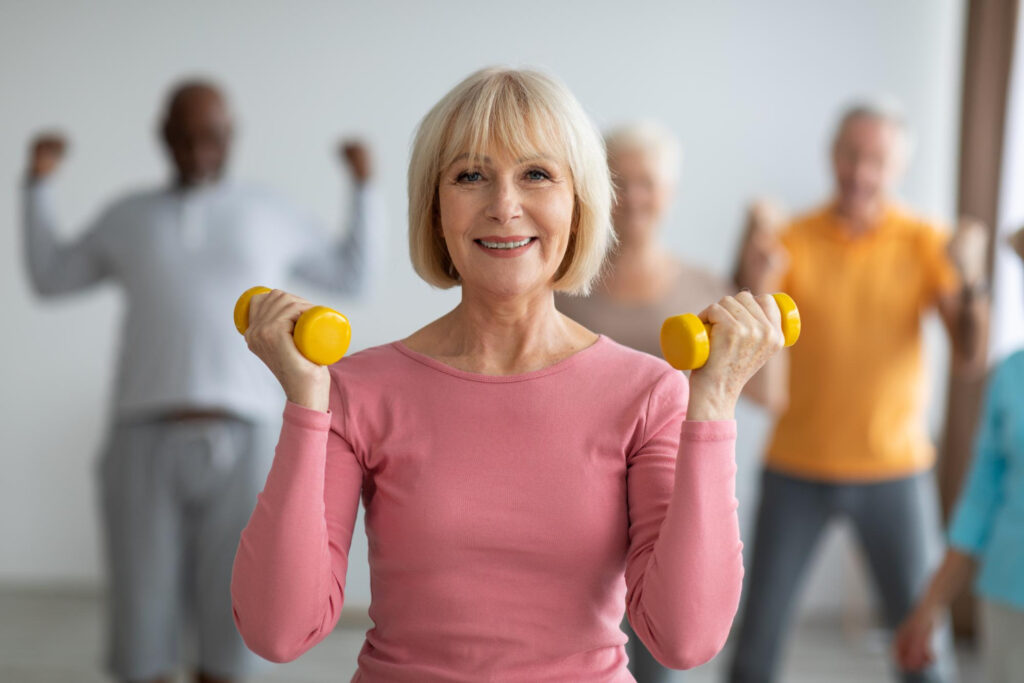
Working out makes our bodies and minds better. It helps us think clearer and feel happier. Our hearts get stronger, and we look better too. Sometimes, though, too much can hurt us or make us feel bad.
We need the right balance in our routine. A little goes a long way for health and power. But pushing too hard can backfire. We should listen to what our bodies tell us.
Learning more always helps—books, websites, or trainers guide us on this journey. They show the best ways to move and rest.
Start today but go easy at first; build up step by step. Making smart choices leads to big wins—for both our muscles and peace of mind.
FAQs
1. What are the benefits of exercising?
Exercising helps you stay fit, improves your mood, and can make your muscles stronger. It also helps with stress and anxiety. If you exercise regularly, like doing 150 minutes of moderate cardio per week, it’s good for your heart and can keep diseases away.
2. Can exercise ever be bad for you?
Yes, if you do too much without rest, it might hurt instead of help. Overdoing exercise can lead to sore joints and muscles or even more serious problems like heart issues.
3. Do I need a gym membership to get fit?
Nope! You can improve your health and fitness through many forms of exercise that don’t need a gym. Walking, running outside, or simple at-home workouts can all be great options.
4. How often should I exercise?
It’s recommended to do some form of physical activity most days. Try aiming for at least 150 minutes of moderate activity every week to see benefits.
5. Will exercising make me eat more?
Maybe – since your body uses energy during exercise, you might feel hungrier as your body wants to replace what was burned off… But this isn’t the same for everyone!
6. What kind of exercises should I start with if I’m new?
Starting slow is key—try some light walking or easy strength training twice a week… Build up from there based on how comfortable you feel!
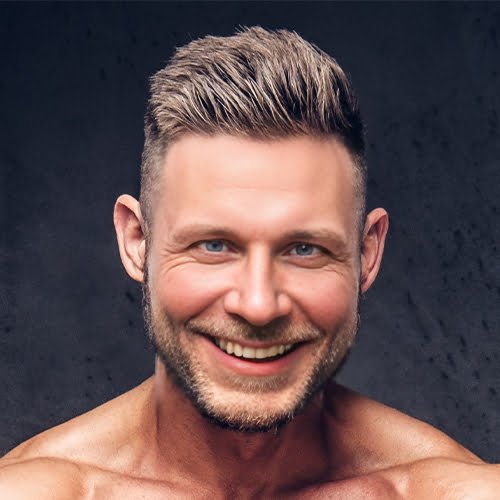
Author
Years ago, the spark of my life’s passion ignited in my mind the moment I stepped into the local gym for the first time. The inaugural bead of perspiration, the initial endeavor, the very first surge of endorphins, and a sense of pride that washed over me post-workout marked the beginning of my deep-seated interest in strength sports, fitness, and sports nutrition. This very curiosity blossomed rapidly into a profound fascination, propelling me to earn a Master’s degree in Physical Education from the Academy of Physical Education in Krakow, followed by a Sports Manager diploma from the Jagiellonian University. My journey of growth led me to gain more specialized qualifications, such as being a certified personal trainer with a focus on sports dietetics, a lifeguard, and an instructor for wellness and corrective gymnastics. Theoretical knowledge paired seamlessly with practical experience, reinforcing my belief that the transformation of individuals under my guidance was also a reflection of my personal growth. This belief holds true even today. Each day, I strive to push the boundaries and explore new realms. These realms gently elevate me to greater heights. The unique combination of passion for my field and the continuous quest for growth fuels my drive to break new ground.



